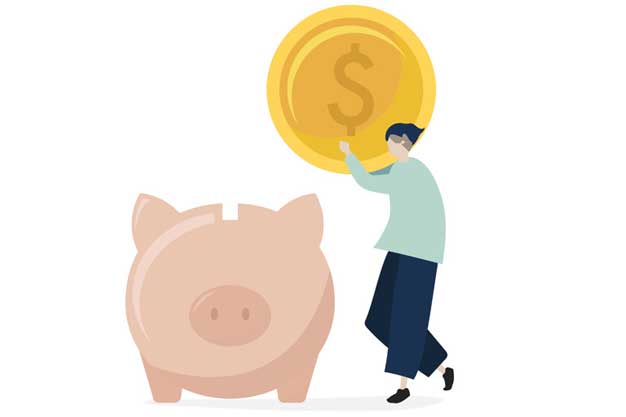It’s no news that at some point in your life, if you really want to be in control of your finance you need to start budgeting your money. I’m sure you’ve heard it a thousand times already. It’s simple, a budget highlights your income and expenses and allows you to differentiate between necessities and luxuries.

As if this financial lesson wasn’t preached enough, it becomes an absolute necessity when you have a family and a house to take care of. You have to take care of all the expenses, and ensure that you save something for the rainy days as well.

However, creating a budget can be difficult, especially if you have no experience with it. It’s not like an accounting class. You will not have to use complex formulas. It’s a basic sheet that highlights how you intend to spend your money.
Let’s have a look at some tips on how to start and stick with a budget:
-
Know what to earn and what to spend
It’s easier to know what you earn. You get salary slips and income statement. However, keeping a tab on expenses can be an issue. Take a look at your bank and credit card statements from your previous month and write down how much you spent dividing these expenses into categories such as: Bills, Taxes, Rent/Mortgage, Subscriptions, Groceries, Dining/Drinking Out etc. This will give you an idea of how much you generally spend each month and will help you decide a realistic monthly budget for each category that will also let you save money each month.

-
Use Gift Cards Apps
Since you are shopping anyway, why not using it to earn gift cards? Apps like Shopkick offer gift cards that you can obtain accumulating points that you earn shopping online, scanning select products’ bar codes and even by just walking in a store! Yes, actual gift cards! All you need to do is to check all the ways you can earn these points, start accumulating them and voila, check in the mail! So combine this with the credit card promotion I mentioned above while you shop, and cha-ching, you are golden!
-
Stick to the Budget
Now, the hardest thing of all: sticking to it! The trouble comes when you start overspending in your groceries budget then move money from your sofa savings to pay for your afternoon snacks cravings. Before you know it you’ll forget where all that money went to last month. Remember, your budget has separate rooms for a reason.
Keep your focus giving yourself goals: Write down the estimates of how much you can save (realistically) every month for the next 3 years, then take a look at that juicy final number and try to remember it next time you want to buy that new tech gadget you’ve heard your friend talking about.

-
Get Rid of the Loans
Loans are an expense. They can be used in case of an emergency but you should never count on loans to pay your bills.
Debt does not only impact your credit score but can also mess up your budget. If you’re used to living on credit, let us tell you a harsh truth, it’s time to say goodbye to your beloved credit card. It’s often more expensive than a personal loan.
If you’re already under debt, take steps to reduce it. Try to make big payments instead of split rates with interests. Look for consolidation options. Request reductions. There are many options other there, just see what works the best for you.
Be sure to check your credit score frequently, especially if you are planning to work on your credit score. Transunion is a good place to check your credit score.

-
Do Not Neglect Savings
An easy way to save is to have a saving fund and to add a specific amount to it every month – before you spend any. For example, if you earn $3,000, you can save $300 every month and use $2,700 as your net income. It will be easier to budget $2,700 than to make a plan with $3,000 in mind and having to keep $300 aside.
Use emergency funds only for when you truly need it.
-
Reduce Expenses
Sit down and differentiate between luxuries and necessities. If you’re on a tight budget, you should eliminate all luxuries. For example, food is a necessity but eating out is a luxury.

The average American household spends about $3,008 per year on eating out,
according to the Bureau of Labor Statistics reports.
Plus, you have to add tips and fuel as well and eating out turns out to be very expensive.
You don’t have to completely stop eating out. You can reduce the trips. If you go every weekend, start going out once a month. It may be a bit difficult to explain this to the kids, but they’ll understand.
It’s never too late to start! Pick a pen and get your calculations ready today. I promise you that once you type the first number you’ll find your focus and your budget will be ready in a blink of an eye. Just don’t forget the obvious: the key lies in spending less and saving more.






